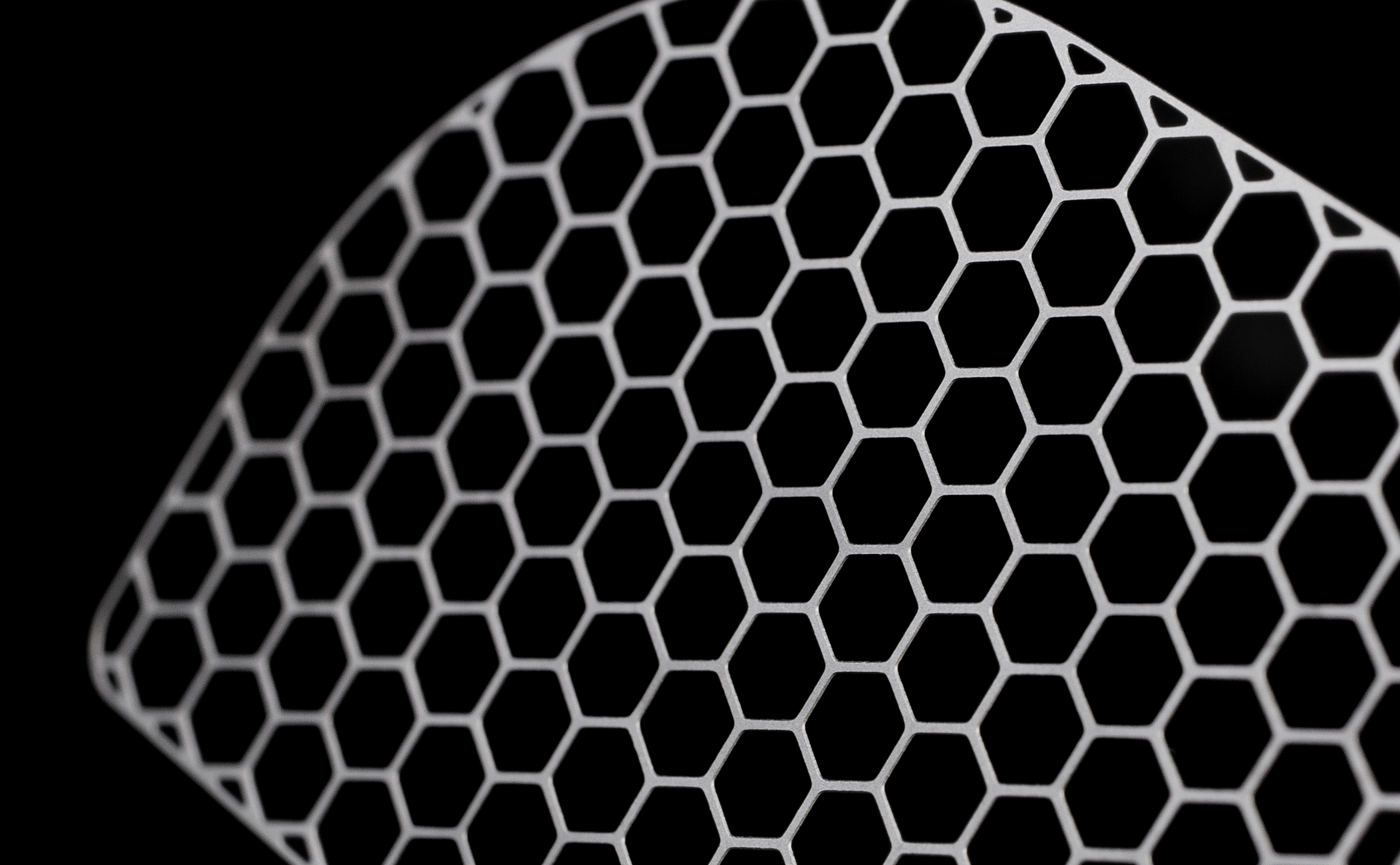
One of the things that most satisfies me professionally on titanium etching is seeing how the use of sunscreen is widely common. This leads to increasing demands on this type of product, both in terms of protection and safety and domesticity.
The consequence of this was the application of nanotechnology and more specifically the incorporation of nano filters in sun creams. However, as we point out, these filters are still questionable for security reasons.
These filters are characterized by having a particle size between 1nm and 100nm, a size much smaller than usual (greater than 200nm). The physical filters, titanium etching to which nano technology has been applied are titanium dioxide (TiO 2 ) and zinc oxide (ZnO).
To give you an idea, a nanometer is one millionth of a millimeter. Fundamentally, this decrease in particle size has two fundamental physical implications:
Based on the properties that we have just mentioned, the use of nano filters in sun creams gives them very advantageous characteristics. Surely you remember those sun creams that left you all white (some are still left !!). It was because they common larger physical filters. When the creams instead incorporate these same filters in their "nano" mode, titanium etching.
As they do not scatter visible light and are transparent, they do not leave that unpleasant white residue. On the other hand. And if we consider that this type of filters act as mirrors in which UVA, UVB and IR radiation bounce. The greater the effective surface, the greater the protection power. Thus, we clearly see two advantages: better domesticity and greater protection.
Pills, so far you have not spoken to me other than advantages and I understand that these nano filters can be toxic. As experts say, the danger associated with this type of filter. And more specifically its toxicity has haunted them since their appearance. Let's see what there is more about titanium etching.
Since their appearance, nano sunscreens have raised many alerts: that being smaller they are absorbed and reach tissues resulting toxic, that they alter cellular DNA, that they have cardiovascular effects, that induce the appearance of cancer.
Well, we must go to official sources to clarify all these doubts. And so, the Scientific Committee on Consumer Safety (CCSC) of the European Community says that cosmetics can use nanoparticles. Which includes physical nano filters, and it will have to be indicated in the labeling with the word nano in parentheses (nano).
Similarly, the American Academy of Dermatology regarding filter separator ensures that its use is safe. Since the stratum corneum of the intact skin does not allow the absorption of the nanoparticles. In addition, it claims that it increases broad-spectrum protection.
'Based on the available evidence, the use of ZnO or TiO 2 nanomaterials with a concentration of up to 25% as a UV filter can be considered not to pose a risk. It is of adverse effects in humans after application to healthy skin, intact or burned by the sun”.
And regarding its use is sprays:"The use of nanoparticles of ZnO or TiO 2 in spray products that could lead to exposure of the consumer's lungs to nano ZnO by inhalation cannot be considered safe."
The use of nano physical; filter separator in sun creams is not toxic to health except, and therefore it is not allowed, its use in spray due to the risk of being inhaled. It is also not recommended for use on atopic or damaged skin. They confer very good domesticity to the creams and high protection.
The fact is that the water we consume is not completely free of dirt or microorganisms, even if it passes through a treatment plant in your city. In addition to the collection made in regions that can take the clay with them. Especially in times of severe drought — the presence of chlorine to make it more suitable for consumption also brings with it some problems.
Excess chlorine can be toxic to health. Along with water, in which organic compounds are present, it forms trihalomethanes (THMs). The presence of filter separator element in the body can encourage the emergence of free radicals, which end up damaging cells.
In addition to chlorine, even treated water can still contain excess fluoride, arsenic, volatile organic compounds (VOC), medicines, bacteria, viruses. And heavy metals. Whether due to the presence in the source water, or the use of chemical products at the stations (such as the VOCs themselves). Or the path taken by the water to reach your faucet.
Regardless of the case, the water we drink, even though it is considered safe for consumption, is not one hundred percent clean. This feature of filter separator is what makes the presence of a water purifier such an important element in the daily life of your home or business.
It will help retain free chlorine, dirt, microorganisms and, depending on the model, even fight bacteria and viruses. Besides, of course, removing the yellowish or dark color, unwanted smells, and bad tastes.
The best water purifier brand is the one that will offer solutions to your needs. That is, it depends on what you want, how and where. There are hundreds of water purifiers on the market, with different models, specifications and prices.
The installation of POU filter separator carries at the point of use, i.e. directly on the faucet. Therefore, this type of filter is usually easy to install, a process that is easy to do without the help of a technician, at least in most cases. Most point-of-use filters have 1/4 turn registration, which simplifies installation.
Making it as practical as installing a classic faucet. Although the entire installation process is easy, it is very important to read the manufacturer's manual to know exactly how to proceed. If still in doubt, hire a technician to perform the service. Thus, it is possible to have greater security regarding the installation of the filter.
